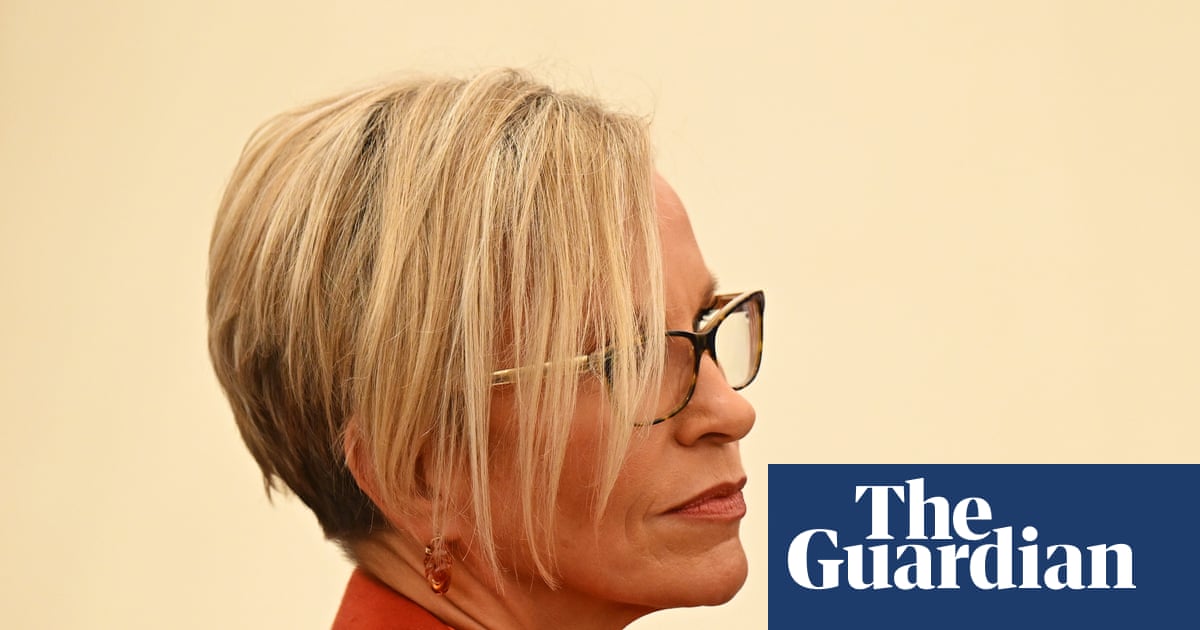“I am a change agent,” declared Emma Walmsley soon after she became chief executive of GlaxoSmithKline in 2017 and, sure enough, the UK’s second largest pharmaceutical company does indeed look different from eight years ago.
The consumer health division has gone – it was demerged as Haleon in 2023, which ended the debate about whether GSK required a bigger break-up. And annual budgets for research and development in pharmaceuticals and vaccines have been doubled in her time, which got to the core of the drugmaker’s ills.
The cost was a trim for shareholders’ dividends but Walmsley plainly had to deploy the scissors. Borrowings were too high and were hampering GSK’s ability to invest and to licence promising development drugs. In the big pharma business, revenue growth from innovation is nine-tenths of the game. Change was necessary, as the shareholders recognised themselves – hedge fund Elliott Management got nowhere in its clumsy attempts to defenestrate her in 2021.
But one thing hasn’t changed on Walmsley’s watch: the share price. It’s had its ups and downs (buying at £13 and selling at £18 has been a reliable rule) but Monday’s £15.25 was also roughly where her tenure began.
She’s had two instances of pure bad luck. The Covid pandemic’s particular effect on GSK was that patients hid at home and didn’t go out to get their shingles jabs, an important product for the company. Then came a ghost from the 1990s: litigation in the US over heartburn drug Zantac, which, while settled eventually on vaguely tolerable terms, caused another flutter at a bad moment.
But the current suspicion around GSK lies in doubts about whether Walmsley’s targets – intended to signal “a step change in performance versus our history”, as she put it in 2021 – can be achieved.
On the one hand, the company itself indicates supreme confidence. The revenue targets have been raised a couple of times and add up to a promise of £40bn-plus by 2031, assuming most of the 15 potential blockbuster products in the pipeline make it to market. On the other hand, the City consensus among analysts is that those 2031 revenues will be more like £35bn, in part because a big HIV treatment will go off-patent in the interim.
That £5bn difference is the current credibility deficit, as it were, in Walmsley’s overhaul. Put another way, investors like the buildup play but are yet to be convinced that the ball will hit the back of the net. There’s no real cure for that scepticism other than getting enough of the new drugs to market and producing the numbers over the next half decade.
In that respect, Walmsley is stepping down before she’s had her chance to be vindicated. In reality, eight years is a decent innings for a FTSE 100 chief executive these days and, if she wasn’t up for the full haul to 2031, it is better to make way. Luke Miels, the chief commercial officer, has looked the likely successor ever since Walmsley hired him from AstraZeneca.
after newsletter promotion
But it does mean the definitive verdict on her reign will have to wait. Yes, as she says, she’s leaving GSK as a stronger business – few doubt that a corner has been turned. But the open question is how far the new momentum can carry GSK. The share price still needs a lasting shot in the arm.
